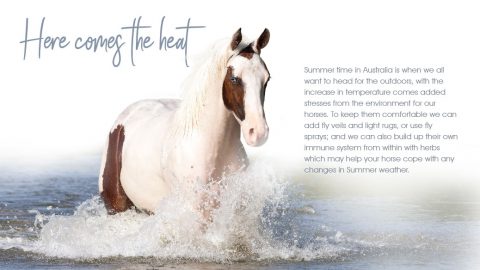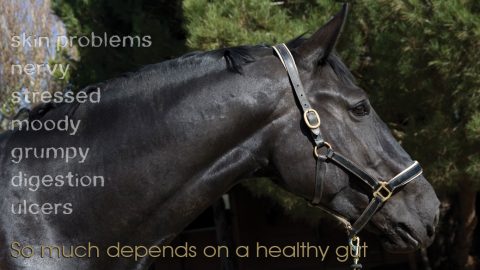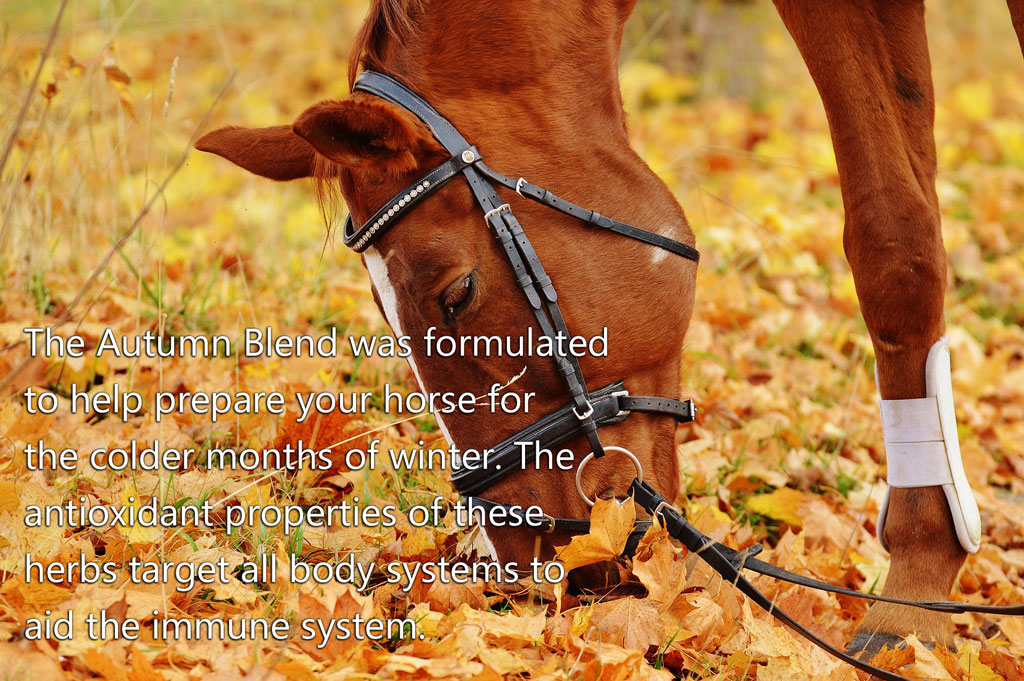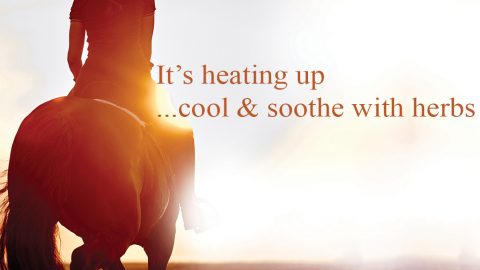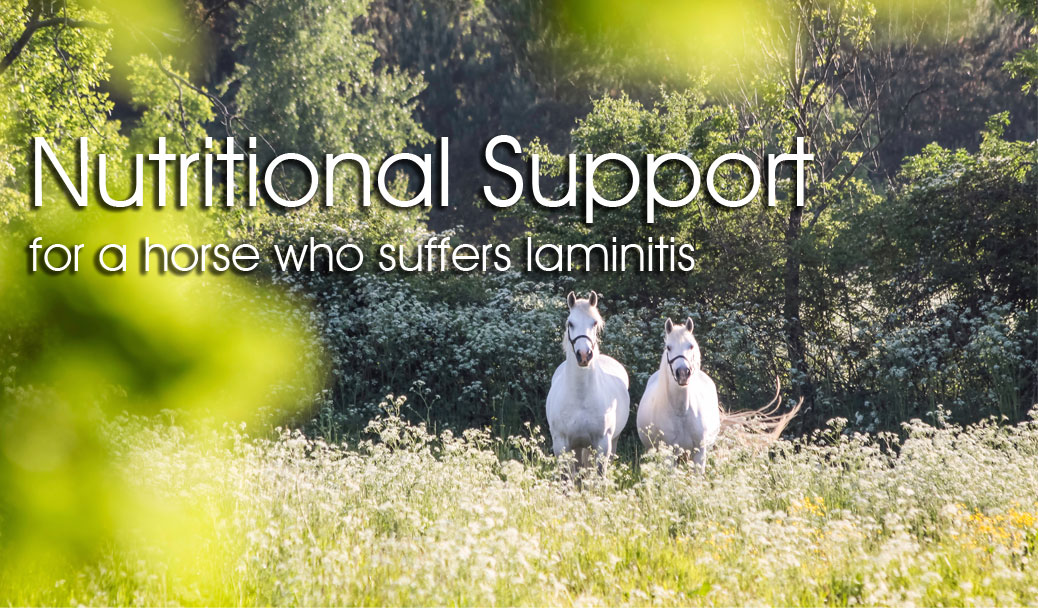We all know that there are toxic plants around and there are books and articles about them. These plants range from moderately upsetting to absolutely deadly (like Yew). But there are thousands of plants, in Australia we are lucky that we can let our horses graze in paddocks all year round, some of them in huge paddocks and sometimes we can get downright neurotic about some plants. I certainly am and I am a herbalist!
So how do you know if there is a plant in that gully that you don’t have access to, but that your horse love to hang out in, that is potentially dangerous? And how dangerous is it?
Well, if there is Crofton weed in it for instance, unfortunately you will soon know because your horse will suffer serious neurological damage but what if it’s not that bad but they are affecting your horse.
How Do I Know My Horse Is Affected?
There is always the tell tale that the horse does not look as good as it should even though you look after it well, it is well fed and regularly wormed, but there is another simple symptom: the horse looks like it has sun burn. Now if your horse has what looks like sunburn in February but did not look like this in December or January, it is not sunburn. If it was, you would have those signs earlier in the season, not later. Some plants cause liver damage and it is the liver damage that translates into photosensitivity (ie: sunburn); St John’s Wart is a classic example: it is not noxious to animals because of the photosensitivity, that’s just an outward sign: it does not really matter if you have a burnt nose but it really matters if your liver is breaking down, because if it keeps breaking down: you’re dead!
A common one that people don’t even think about is Setaria grass. Setaria is the worse calcium antagonist grass in Australia, it is the cause of many cases of bighead syndrome; that is bad enough, but it also causes liver toxicity, so it is likely that your bighead horse also looks like he has a sunburn blaze.
What Do I Do???
First of all don’t panic, this article is not meant for you to go out and spray glyphosate all over the paddock, just to be aware of the possibility that there may be some plants that can affect your horse’s liver even if subtlety. But have no fear, Granny is here! It is really easy to protect your horse’s liver:
St Mary’t Thistle (Silybum marianum) (aka Milk Thistle) THE herb to protect every body’s liver (yes, your husband’s too!).
From the beginning of spring to the end of summer, when weeds are really prospering, it is a good idea to give your horse some St Mary’s T.
Dosage: as a preventive one heaped tsp of the granules per day in one feed will be fine.
If you notice that there is something not right with your horse give him a 20mls scoop of granules (you often get these size scoop with supplements).
Other Uses for St Mary’s Thistle
Whenever your horse’s liver is going to be stressed, use St Marys’T.
For instance:
After worming
After or with any course of drugs: antibiotics, fertility drugs, anti-inflammatories.
After sedation for an operation or dental work.
After hard training, for endurance horses, for race horses.
For ‘narky’ horses (they are often obnoxious because their liver is not 100%)
Doesn’t It Stop The Effect Of the Drugs?
Nope, wrong saint. St John’s Wort miraculously antagonises drugs (which is not a good idea if you are going to have a general anaesthetic) but you would never give St John’s to any herbivore (Carol does not sell St John’t Wart, in case you didn’t notice). As far as St Mary’s T is concerned, it protects the liver from damage but lets the drugs do their work.
Warning! Warning!
St Mary’s Thistle is a liver protector but it will not save your horse from noxious weeds, you need to insure that you keep the paddock free of those.
Why the Granules?
They are more easily digestible and you won’t risk growing St Mary’s T in your horse’s manure, it grows to a HUMONGOUS size and is impossible to harvest by ordinary means, you just don’t want to grow St Mary’s T!
But I just Bought One Kilo Of Seeds!
That is fine really: just wack it in your food processor or coffee grinder or blender, one cup at a time, and it will break the seeds down for you: easier to absorb and no giant weed!
May The Horse Be With You
Elyane


